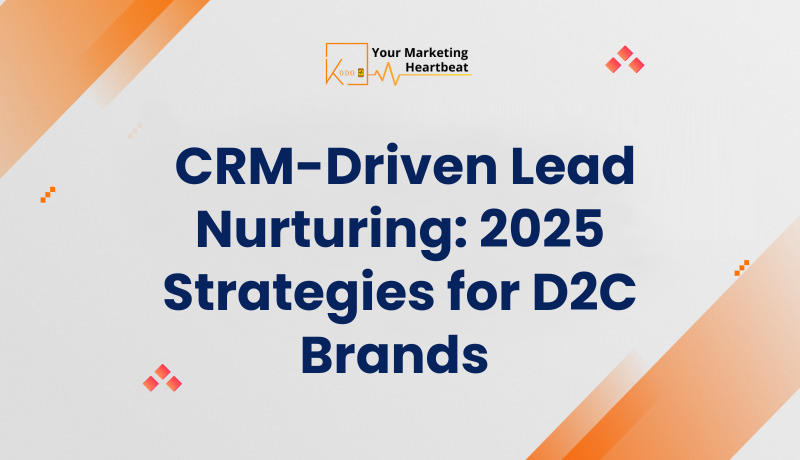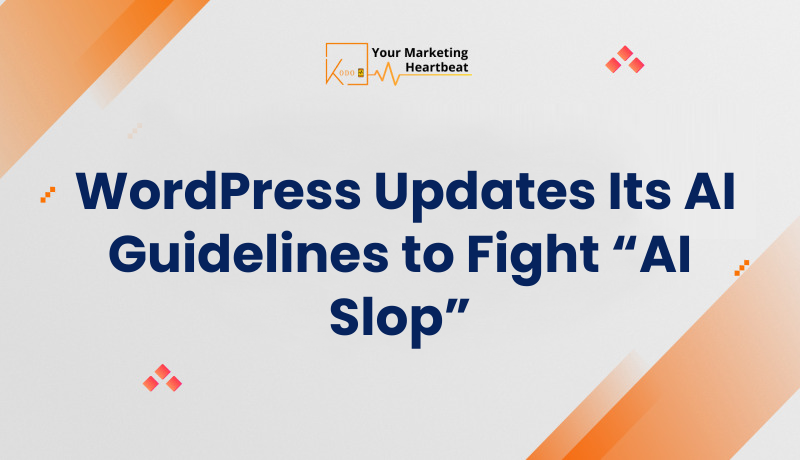

In the rapidly evolving landscape of direct-to-consumer (D2C) marketing, Customer Relationship Management (CRM) plays a pivotal role in fostering relationships with potential and existing customers. A robust CRM system allows brands to gather and analyze customer data, facilitating personalized interactions that resonate with individual preferences.
By leveraging CRM automation, businesses can streamline their marketing efforts, ensuring that every touchpoint with customers is meaningful. This not only enhances the customer experience but also builds trust, which is essential for long-term loyalty.
Moreover, CRM systems provide valuable insights into customer behavior, enabling brands to tailor their offerings and messaging. This data-driven approach is crucial for D2C brands aiming to stand out in a crowded marketplace.
Automation is revolutionizing how D2C brands engage with leads. By utilizing CRM automation, brands can create a seamless experience that nurtures leads through the sales funnel. Automated workflows can trigger personalized emails, reminders, and follow-ups based on specific actions taken by the lead.
For instance, if a potential customer views a product but does not complete the purchase, an automated email can be sent to remind them of the item, possibly including a discount offer to encourage conversion. This type of targeted engagement not only increases the likelihood of a sale but also enhances the overall customer experience.
Effective lead nurturing hinges on understanding your audience. Data-driven customer segmentation allows D2C brands to categorize leads based on various attributes, such as demographics, behaviors, and purchase history. This segmentation enables brands to tailor their marketing strategies to meet the specific needs of each group.
For example, a brand might segment its audience into categories like new visitors, repeat customers, and high-value clients. Each segment can then receive customized messaging that speaks directly to their unique experiences and expectations.

Personalized email campaigns are a cornerstone of effective lead nurturing. By utilizing insights gathered through CRM systems, D2C brands can create tailored email communications that speak directly to individual preferences.
Effective email campaigns should include compelling subject lines, engaging content, and clear calls to action. Additionally, incorporating dynamic content that changes based on the recipient’s behavior can significantly enhance engagement rates.
In today’s digital landscape, consumers expect seamless interactions across multiple channels. An omnichannel communication strategy ensures that D2C brands can engage with customers through their preferred platforms, whether it’s email, social media, or chat.
By integrating CRM systems with various communication channels, brands can provide a unified experience that enhances customer satisfaction. This approach not only improves customer retention but also drives conversions by meeting customers where they are.
Artificial Intelligence (AI) is transforming lead scoring by enabling D2C brands to prioritize leads based on their likelihood to convert. AI-driven algorithms analyze various data points, such as engagement history and demographic information, to assign scores to leads.
This data-driven approach allows sales teams to focus their efforts on high-potential leads, optimizing resources and improving conversion rates. By understanding which leads are most likely to convert, brands can tailor their outreach strategies accordingly.
Retaining existing customers is often more cost-effective than acquiring new ones. D2C brands can enhance their customer retention strategies through personalized experiences and targeted communications.
Utilizing CRM systems, brands can track customer interactions and identify opportunities for re-engagement. For instance, sending personalized offers or reminders based on past purchases can significantly increase repeat business.
A well-optimized sales funnel is crucial for converting leads into loyal customers. D2C brands should regularly analyze each stage of the sales funnel to identify bottlenecks and opportunities for improvement.
By utilizing CRM analytics, brands can gain insights into customer behavior at each stage of the funnel. This data can inform strategies to enhance the customer journey, from awareness to conversion.
The WhatsApp Business API offers D2C brands a powerful tool for customer engagement. With over 2 billion users worldwide, WhatsApp provides a unique platform for brands to communicate with customers in real-time.
By integrating the WhatsApp Business API with CRM systems, brands can automate responses, send personalized messages, and manage customer inquiries efficiently. This not only enhances customer satisfaction but also drives conversions through timely interactions.
As we look towards 2025, D2C brands must adopt best practices for CRM to stay competitive. This includes embracing automation, leveraging AI for insights, and ensuring data security.
Brands should also prioritize customer-centric strategies, focusing on building long-term relationships rather than just short-term sales. By doing so, they can create a loyal customer base that drives sustainable growth.
To ensure the effectiveness of lead nurturing strategies, D2C brands must establish clear metrics for success. This includes tracking engagement rates, conversion rates, and customer retention metrics.
Utilizing CRM analytics, brands can gain insights into which strategies are working and where improvements are needed. Regularly reviewing these metrics allows for data-driven decision-making that enhances overall performance.
As we move towards 2025, the landscape of D2C marketing will continue to evolve. By embracing CRM-driven lead nurturing strategies, brands can create personalized, data-driven experiences that resonate with customers.
Investing in automation, AI, and omnichannel communication will be essential for building lasting relationships with customers. By prioritizing these strategies, D2C brands can thrive in an increasingly competitive marketplace and foster a loyal customer base that drives sustainable growth.
This article provides a comprehensive overview of CRM-driven lead nurturing strategies tailored for D2C brands in 2025. By focusing on personalization, automation, and customer engagement, brands can enhance their marketing efforts and achieve long-term success.



April 23, 2024